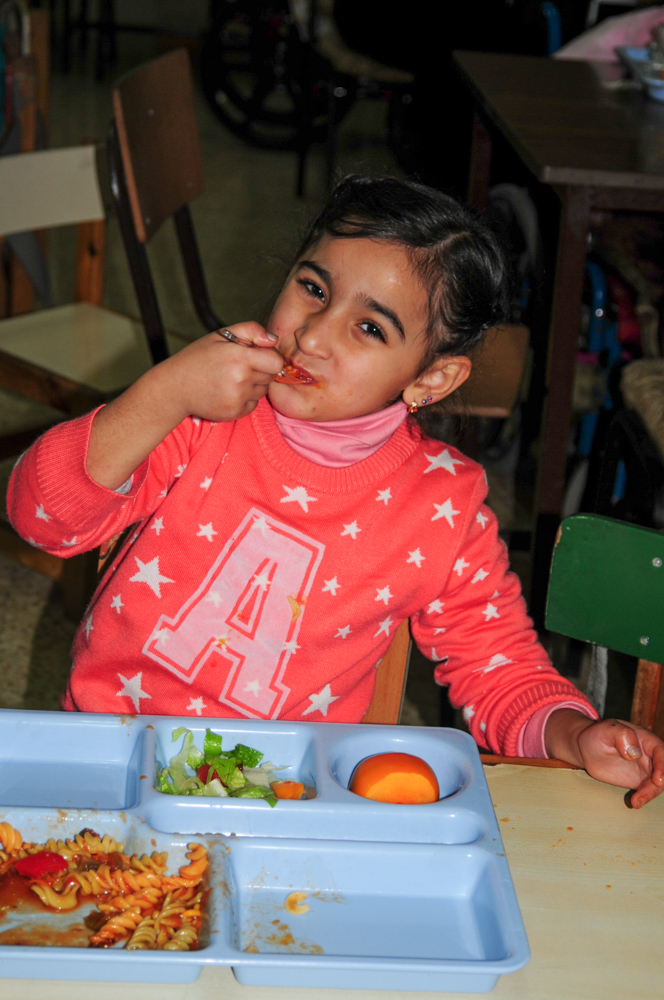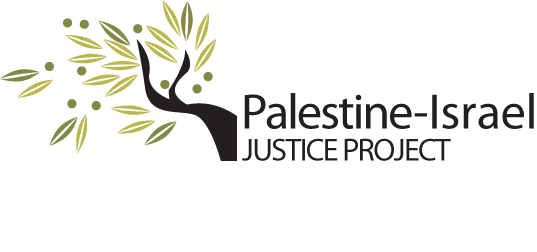Israel is Committing the Crime of Apartheid Against Palestinians
 Purpose:
Purpose:
- To assist participants in becoming familiar with the definition of apartheid and how
Israeli apartheid is perpetrated against Palestinians. - To guide participants in recognizing examples of how Israel controls and dominates Palestinians, thus committing the crime of apartheid.
Materials:
All materials—instructions, explanations, questions, and video documentaries—are presented via computer projection either by zoom or in person. If participants perform any activities beyond the group sessions, they will need to have access to computers, especially for viewing the two documentaries and various website links.
Time:
Each of the three lessons on Apartheid are designed to be completed within 55 minutes. Additional activities are possible for longer class sessions.
Scripture:
There is neither Jew nor Greek, there is neither slave nor free, there is no male and
female, for you are all one in Christ Jesus. Galatians 3:28
{5 minutes} Have participants explain what this verse from Galatians means to them
and how these words of God might be relevant to our study of Israeli apartheid.
Method:
PART A. From documentation by human rights organizations of Israel’s violations
of Palestinian human rights to their recognition of the Israeli crime of apartheid Reviewing the international laws reading assignment
{15-20 mins.} Read the brief introduction and engage in discussion about some of the following organizations by clicking on the links of the websites.
- For decades, various international, Palestinian, and Israeli human rights
organizations have documented Israel’s violations of international human rights
laws in its treatment of Palestinians. However, in advocating for their freedom and self-determination, Palestinians have been calling on the international community, such as the United Nations, to recognize that Israel’s brutal and oppressive control over their lives is apartheid. - Here is a list of some of the international, Palestinian, and Israeli
organizations that have provided various levels of documentation on Israeli
apartheid against Palestinians.
Jimmy Carter’s 2007 book, Palestine: Peace Not Apartheid
Report by legal scholars commissioned by the government of South Africa (2009)
B’Tselem – leading Israeli human rights organization (2021)
Institute for Middle East Understanding
14 Israeli human rights organizations defend Amnesty International Apartheid report
3
American Friends Service Committee
Harvard Law School’s International Human Rights Clinic
Foundation for Middle East Peace
United Nations Special Rapporteur Michael Lynk
Yesh Din (Israeli human rights organization)
Al-Haq (one of the oldest human rights centers in the Middle East)
PART B. What is apartheid? How is Israeli apartheid perpetrated against
Palestinians?
{30 minutes} [Note: Throughout this section of the lesson, participants will have access to
all information provided herein and to the questions.]
To answer the above two questions, we will look at the Amnesty International
documentary, “Israel’s Apartheid Against Palestinians: Cruel System of Domination &
Crimes Against Humanity.” At different points during the film, we will pause it and
engage in discussions about what you understand. (The film is almost 15 minutes.)
First of all, what do you know about Amnesty International and its work as a human
rights organization?
Documentary: Israel’s Apartheid
[Note: The group should read through and comprehend the five questions about the
first two parts of the documentary before the viewing begins. This will help participants
focus on important elements of the film as they are viewing it.]
Introduction (to 1:00)
1. What do you know about South African apartheid?
[Note: This link from the Encyclopaedia Britannica website offers some basic
information about apartheid in South Africa. It is being provided not for the purpose of
group discussion but as a reference. https://www.britannica.com/topic/apartheid/
Opposition-to-apartheid]
2. What appears to be some parallels being made between South Africa and
Israel?
Is this apartheid? (to 4:56)
3. Let’s examine the definition of apartheid.
The crime against humanity of apartheid is committed when serious human
rights violations are committed with the specific intent of maintaining a
regime or system of prolonged and cruel discriminatory control of one or
more racial groups by another.
[Note: The following questions are not about specific scenes from the film. Their
purpose is to guide participants in accessing their own background knowledge as
they make sense of the definition of apartheid. They can attempt to answer the
following questions. If they are unable to answer some of them or provide
incomplete answers, they can do a bit of research on their own and return with
answers for Session 7.]
How might this definition be applied to the period of Jim Crow in the US? The
treatment of Native Americans in the US? And any other ethnic groups?
What does “a crime against humanity” mean?
Explain the background meaning of the word “apartheid.”
What are human rights?
What are the racial groups in the U.S., South Africa, and Israel?
4. Why do you think Amnesty International emphasizes that its “findings and
criticisms are directed not at the Jewish people but at the Israeli state”?
5. From the early history of Israel-Palestine to the present, how has Israel
established a system of domination by Israeli Jews?
<< Session 5 | Session 6 (current) | Session 7 & 8
